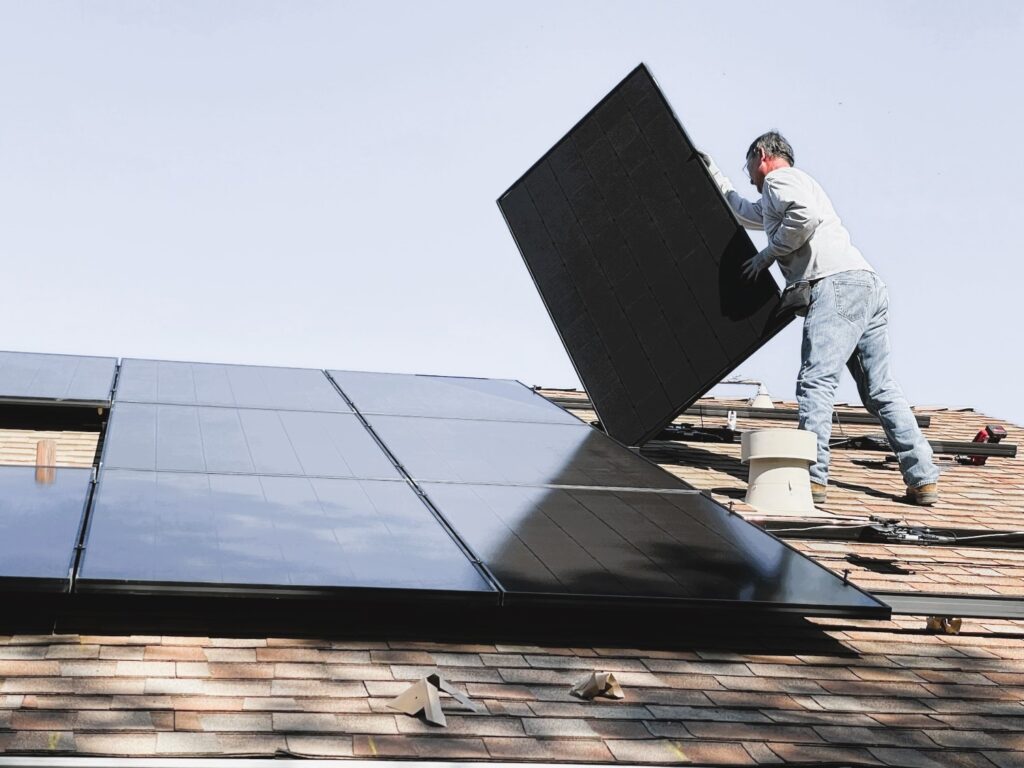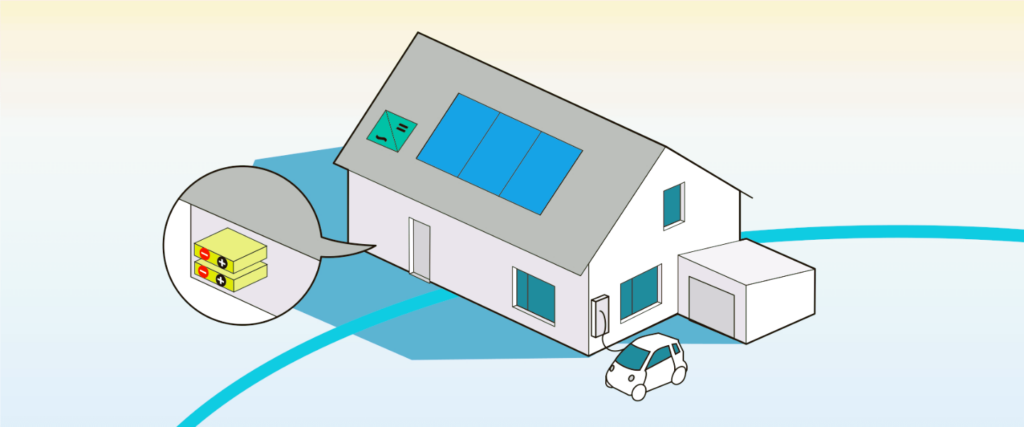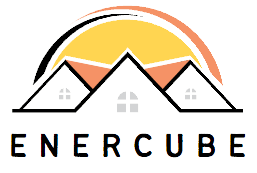Smart home heating systems have revolutionized the way we heat our homes, providing greater control, comfort, and energy efficiency. To further enhance the sustainability of our heating systems, integrating them with renewable energy sources is a promising solution. By harnessing renewable energy, such as solar power, geothermal energy, or wind power, homeowners in Calgary can reduce their carbon footprint, lower energy costs, and contribute to a greener future. In this article, we will explore the benefits of integrating smart home heating with renewable energy sources and provide insights on the available options.
- The Need for Renewable Energy Integration
The shift towards renewable energy is driven by the need to reduce greenhouse gas emissions and combat climate change. By integrating smart home heating with renewable energy sources, we can significantly reduce our dependence on fossil fuels and move towards a more sustainable energy future.
- Solar Power Integration
Solar power is one of the most accessible and widely used renewable energy sources. By installing solar panels on rooftops or in open areas, homeowners can generate electricity to power their smart home heating systems. This clean energy can be used directly or stored in batteries for later use. Smart thermostats and heating systems can be programmed to utilize solar power during peak production times or when electricity rates are lower, optimizing energy consumption and cost savings.

To learn more about solar power and its benefits, you can refer to the official websites of the Government of Canada: Wikipedia – Solar Energy.
- Geothermal Energy Integration
Geothermal energy utilizes the constant temperature of the earth to heat and cool buildings. By installing a geothermal heat pump system, homeowners can tap into the stable underground temperatures to provide heating for their homes. Smart home heating systems can be seamlessly integrated with geothermal systems, allowing for precise control and efficient operation. The combination of geothermal energy and smart controls ensures optimal comfort while minimizing energy consumption.
- Wind Power Integration
Wind power is another abundant and renewable energy source that can be harnessed to generate electricity for smart home heating systems. For homeowners with access to sufficient wind resources, installing a small-scale wind turbine can supplement or even fully power their heating needs. Smart home systems can monitor wind conditions and adjust heating settings accordingly, optimizing energy usage and comfort.
- Financial Incentives and Support
Incorporating renewable energy sources into smart home heating systems may qualify homeowners for financial incentives, tax credits, or grants offered by governments, utility companies, or renewable energy programs. These incentives can help offset the upfront costs of installation and make the transition to renewable energy more financially viable. Passive solar heating using windows, see the accommodation article for details.
- System Integration and Control
Integrating smart home heating systems with renewable energy sources requires effective system integration and control. Here are some considerations:
- Compatibility: Ensure that your smart home heating system is compatible with the renewable energy source you plan to integrate. Consult with professionals or reputable installers who can provide guidance on compatible equipment and system configurations.
- Monitoring and Optimization: Smart home systems can monitor energy production from renewable sources and adjust heating settings accordingly. This ensures that heating systems operate efficiently while maximizing the use of renewable energy. Smart thermostats can also provide real-time data on energy consumption, allowing homeowners to make informed decisions and optimize their energy usage.
- Energy Storage: If your renewable energy source generates excess electricity, consider incorporating energy storage solutions such as batteries. These storage systems can store excess energy for later use, ensuring a continuous power supply for your smart home heating system even when renewable energy production is low.

- Environmental Benefits
Integrating smart home heating with renewable energy sources brings numerous environmental benefits. By reducing reliance on fossil fuels, we can decrease carbon dioxide emissions and mitigate the impact of climate change. Renewable energy sources are clean and abundant, contributing to cleaner air quality and a healthier environment for ourselves and future generations.
In conclusion, integrating smart home heating with renewable energy sources presents significant benefits in terms of energy efficiency, cost savings, and environmental sustainability. Solar power, geothermal energy, and wind power are all viable options for homeowners in Calgary seeking to maximize their use of clean and renewable energy. By harnessing the power of renewable energy and utilizing advanced smart home heating systems, we can create a more sustainable and comfortable living environment.
